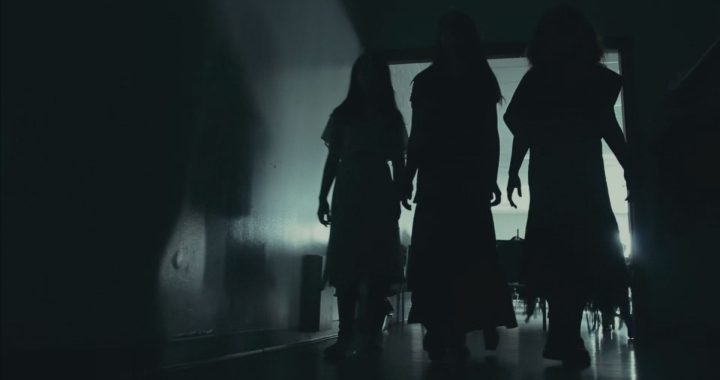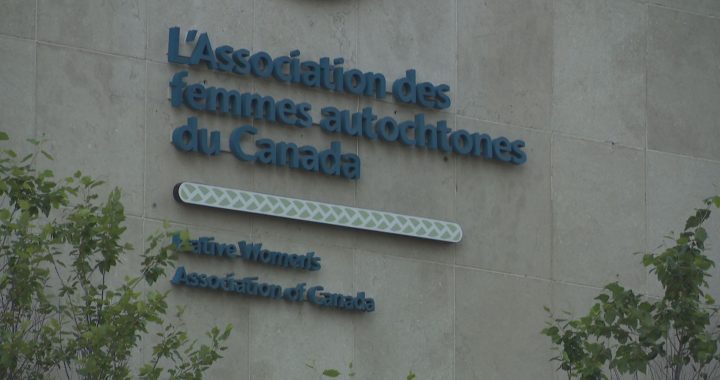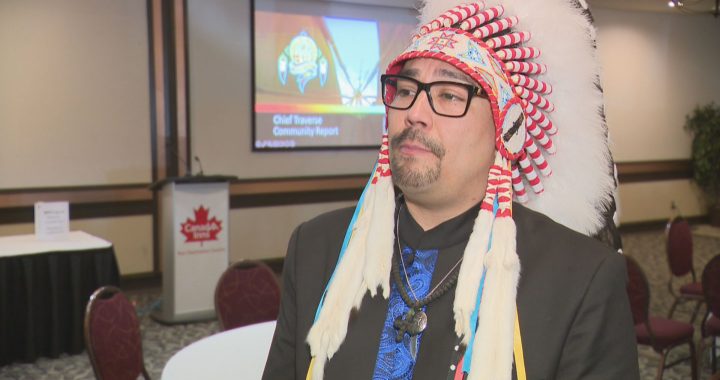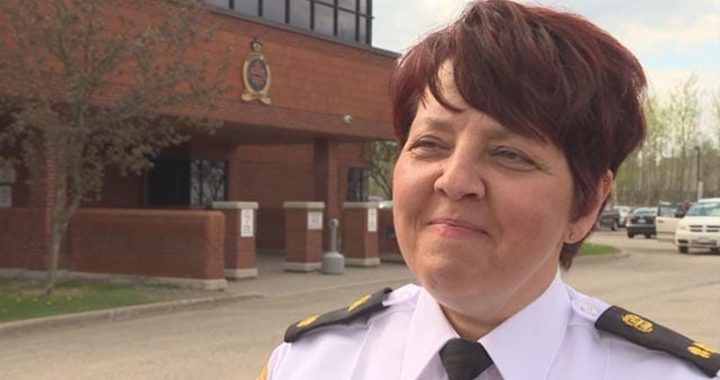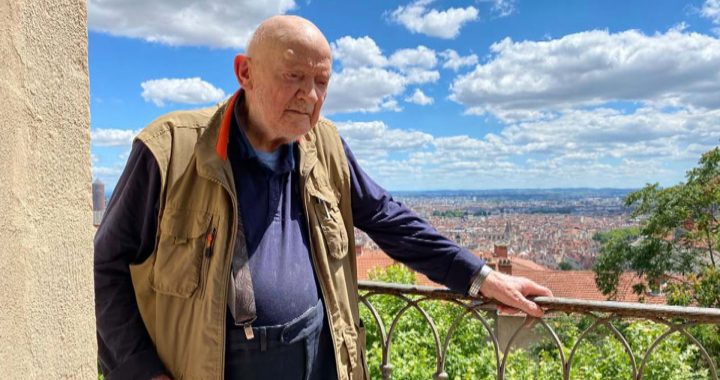Military assistance from the Canadian Rangers is on its way to a second remote region of Quebec to help communities deal with the novel coronavirus pandemic, the prime minister announced Wednesday.
“After having accepted the first demand for help from the Canadian Armed Forces for Nunavik, the Government of Quebec has sent us a second request for Basse-Côte-Nord. I can confirm that Canadian Rangers will be there to provide support,” Justin Trudeau said at a press conference outside of Rideau Cottage in Ottawa.
The Basse-Côte-Nord, known as the Lower North Shore in English, covers 375-kilometres of coastline along the Gulf of Lawrence up to the border with Newfoundland in northeastern Quebec.
One nearby Innu community, the Uashat mak Mani-utenam Innu Nation, is dealing with eight confirmed cases of COVID-19, while the Pessamit Innu Nation has one confirmed case. A third community, Nutashkuan, had a confirmed case but reports that the person has now recovered.
The federal government’s Covid-19 committee said the numbers show the virus seems to be slowing.
In March, cases were doubling every three days, now they are doubling every 10 days.
But the committee also stressed Canada won’t be getting back to normal, with restrictions completely lifted, until a vaccine is found.
After this first wave of Covid-19, Canada will be living in what they call the “new normal”
Deputy Prime Minister Chrystia Freeland says Canada still has a long way to go and that Canadians must continue to adhere to the restrictions currently put in place – or we run the risk of a resurgence of infections.
“We are going to be absolutely vigilant and fierce about not squandering the tremendous sacrifice that Canadians have made. And not squandering what that sacrifices has accomplished,” Freeland said.
In preparing for the next wave of infections, the committee said testing will be crucial and mentioned the new portable Spartan Cube test and said it will be useful in remote Indigenous communities.
Opposition leader Andrew Scheer is sceptical of Canada’s response to this first wave
At a news conference held Wednesday, he questioned why Canada is lagging behind other countries in finding and approving new medications and products to fight the virus.
He said he doesn’t approve of what he calls Canada’s reliance of the World Health Organization because Canada has extremely talented doctors, researchers and medical experts.
“We should be at the forefront of this health crisis offering other countries our expertise. Not lagging behind because of red tape and over regulation,” Scheer said.
Afterwards, at his daily press conference, Prime Minister Justin Trudeau said his government is ensuring that Canada has the tools to fight the virus and referred to new testing supplies being developed.
He announced Canada has signed a contract with New Brunswick biotechnology company Luminultra who is ramping up production to supply enough Covid-19 test chemicals to meet the weekly demand for all provinces.
“And in the last few days we received a new batch of swabs to make sure every province has the supplies they need to keep testing,” Trudeau said.
The prime minister also revealed new measures in the Canadian Emergency Relief Fund that will qualify people who make less than $1,000 a month, seasonal workers and those whose employment Insurance benefits have runout since January 1.
Trudeau stressed again that just because the spread of Covid-19 is slowing down, now is not the time to relax measures.
Deployed in Nunavik
(Canadian Rangers in Kuujjuaq, Nunavut where they’re helping communities with the Covid-19 crisis. Photo courtesy: 2nd Canadian Rangers)
Members of the 2nd Canadian Ranger Patrol Group reside in remote, isolated and coastal regions of the province. They were mobilized in Nunavik to help the sub-arctic territory’s 14 Inuk communities deal with COVID-19.
A spokesperson for the Rangers said details aren’t yet available on what they’ll be tasked with or which local authorities they are being mobilized to assist.
“The Rangers are already residents of the remote and isolated communities all over Quebec,” said Cpt. Julie Page.
“We were happy to be deployed in Nunavik to help out the local authorities. So, I know the Rangers at the Lower North Shore are also looking forward to help out the local communities during this pandemic.”
However, the Assembly of First Nations Quebec-Labrador (ANQL) said Nutashkuan will receive assistance from the Rangers.
“The AFNQL welcomes today’s decision by the federal government to send the Rangers in support of the Innu community of Nutashkuan and the population of the Lower North Shore,” the organization posted to social media.
In Nunavik, the Rangers are tasked with helping local health authorities limit spread of COVID-19 by enforcing physical distancing regulations or, if needed, setting up temporary testing facilities. They are being trained on proper use of personal protective equipment before they start patrolling.




